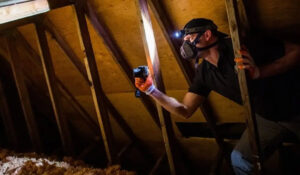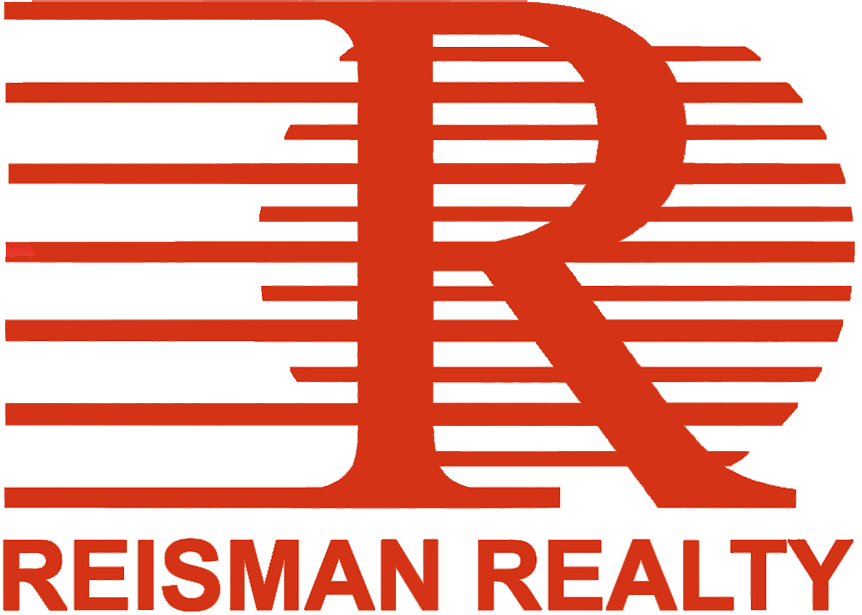Home Inspections
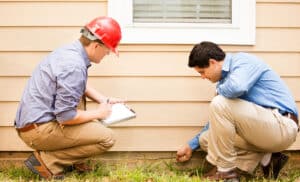
A home inspection is a safety and quality assessment on a property that is going to be sold. The inspector examines the structural aspects of the home, heating and cooling systems, plumbing, electrical work, water and sewage to ensure they are all functioning properly. The overall condition of the property is also assessed for fire and safety issues, damage and anything else that can affect its value. A home inspection is a crucial process during the sale of a property. It involves a thorough assessment of the structural integrity, heating and cooling systems, plumbing, electrical work, water and sewage functionalities. Additionally, the inspection evaluates the overall condition of the property, addressing fire and safety concerns, damages, and factors that may impact its value.
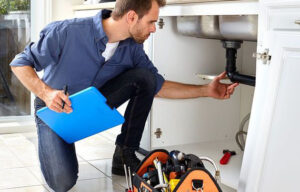
When should you get a home inspection?
If you are planning to buy or sell a house, it is worth doing. Every buyer should know that the purchase they’re making is financially sound. Home inspections turn up safety issues and maintenance problems that could create serious trouble and expenses down the road. Inspections help everyone understand the condition of a property, and thus the risks that should be considered before proceeding in a transaction.
What does a home inspection cover?
- Exterior – The inspector will check for cracks, missing siding or damage to the roof – anything that could lead to water damage or pest infiltration. This includes an examination of the foundation if it is visible.
- Interior – Similar to the exterior, the inspector will look around for any signs of damage to walls, cabinets, windows, and other visible aspects of the home.
- Plumbing – The plumbing inspection includes a check for visible leaks, functioning faucets, shower heads and toilets, and to ensure the exposed pipes are not damaged or dangerously outdated.
- Electrical – The inspector will test all outlets and ensure there are working ground circuit interrupters, and examine the electrical panel for potential issues.
- HVAC – This includes an inspection of your HVAC system and ducting to ensure furnace and air conditioner (if present) are both working.
- Fire Safety – The inspector will identify any potential fire hazards and test the smoke detectors.
- Pool Equipment and Termite Inspections – Sometimes these are not part of the standard inspections, but they should be done in all cases. If mold is likely, tests should be performed in any areas of concern.
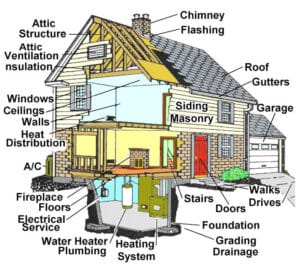
Reisman Realty’s position on inspections
Reisman Realty feels the general inspection has merit, but is often given far too much importance by itself. These inspections, in our opinion, are not comprehensive and are more of an overview. As such, they miss a lot that can be costly. The most expensive systems in the house, if they need repairs, will be the roof, HVAC, and pool. We always advise our clients to additionally have specific inspections for these systems, and additional inspections for plumbing, electrical, solar, water softening equipment, or anything else that raises any suspicion. We are happy to suggest reputable inspectors and vendors in all these areas. This has huge importance in negotiating final settlement costs as well as budgeting for expenses after move-in, so gaining the most knowledge is critical.
